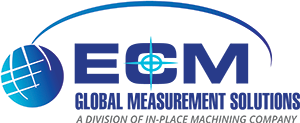
Course Description:
ECM is proud to partner with QC Training Services, Inc to offer this course. Attendees will discover the amounts and types of variations that exist in measurement systems, to ensure that product acceptance or process control decisions are based on “good data.” In this 2-day (16 hour) class, attendees will learn how to conduct studies to evaluate variability due to bias, repeatability, reproducibility, stability, and linearity.
Target Audience
Quality and metrology managers, laboratory and technical personnel, design, manufacturing, process, quality, and test engineers, calibration and maintenance personnel, environmental laboratory managers, inspectors, technicians, SPC coordinators and suppliers. MSA has direct application to ISO/IATF 16949 and this course is recommended for anyone involved in quality planning or involved in the implementation of ISO/IATF 16949 and third-party auditors.
Prerequisites
Attendees should be familiar with Statistical Process Control and statistics.
Course Objectives
This program provides a fundamental and practical review of Measurement Systems Analysis. MSA is an excellent quality tool to use with any quality system and has direct application to ISO/IATF 16949. This course is recommended for anyone involved in quality planning or involved in the implementation of ISO/IATF 16949 and third-party auditors. Reference the complete Course Description and Agenda for additional details.
Benefits
Study concise, efficient methods for planning and preparing a Measurement System Analysis (MSA) and understand process variation and its impact. Gain insight into organizational applications, categories of measurement system variation, and gage repeatability and reproducibility.
Course Outline
- Introduction, Purpose and Terminology
- The Measurement Process
- The Effects of Measurement System Variability
- Measurement Strategy and Planning
- Measurement Source Development
- Gage Source Selection Process
- Measurement Issues
- Measurement Uncertainty
- Measurement Problem Analysis
- General Concepts for Assessing Measurement Systems
- Selecting/Developing Test Procedures
- Preparation for a Measurement System Study
- Analysis of the Results Acceptability Criteria
- Recommended Practices for Simple Measurement Systems
- Example Test Procedures
- Variable Measurement System Study Guidelines
- Average and Range Method
- Attribute Measurement Systems Study
- Practices for Complex or Non-Replicable Measurement Systems
- Stability Studies
- Variability Studies
- Recognizing the Effect of Excessive Within-Part Variation
- Average and Range Method Additional Treatment
- Gage Performance Curve
- Reducing Variation Through Multiple Readings
- Pooled Standard Deviation Approach to GRR

